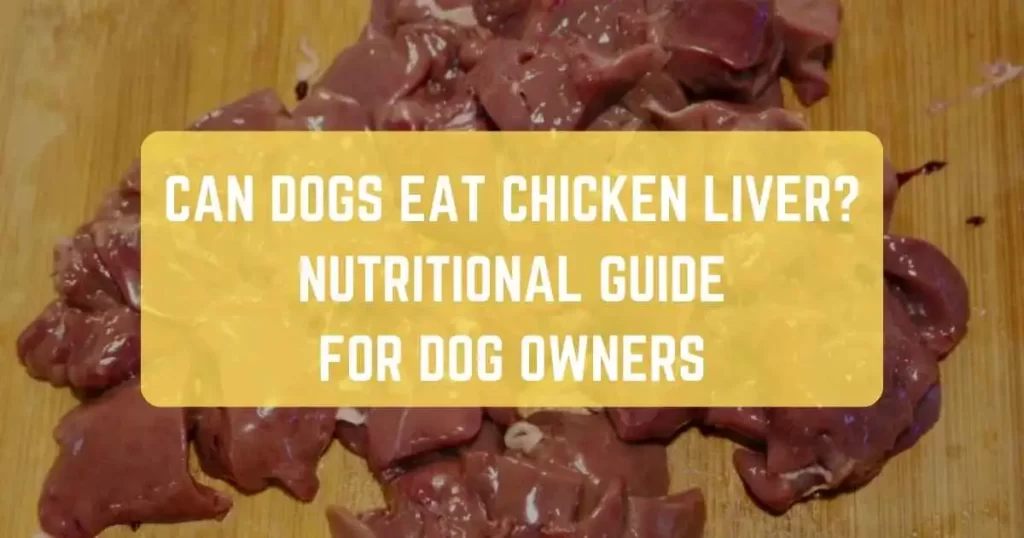
Discover the savory world of rotisserie chicken and its potential impact on your beloved canine companion.
As a content writer with a passion for all things dogs, you’re about to uncover whether that succulent piece of rotisserie chicken is safe to give your dog or if there’s more to consider.
From the benefits of this delectable treat to the hidden pitfalls it might hold, we’re diving into the heart of the matter. But hold tight, because the journey doesn’t end there—alternatives like cooked lean meats and the wonders of dry dog food are waiting to be explored.
Get ready to unlock the secrets behind the irresistible allure of rotisserie chicken and make informed choices that cater to your dog’s well-being.
So, before you toss that whole chicken their way, let’s embark on this informative adventure together.
Can Dogs Eat Rotisserie Chicken?
Yes, dogs can eat rotisserie chicken. Rotisserie chicken meat is a great source of protein and many dogs love its taste. However, before you feed your dog rotisserie chicken, remove the bones and skin as they can be harmful to dogs.
Benefits of Rotisserie Chicken for Dogs
Here are some benefits of adding it to your dog’s diet:
- Rotisserie chicken is a wholesome protein source for dogs, loved for its taste and health benefits.
- Cooked chicken is safe for dogs and can be included in their diet.
- Removing the bones & skin is important to prevent choking and digestive problems.
- The lean protein in chicken supports muscle development, energy, and overall well-being.
- Adding shredded, boneless rotisserie chicken in small portions to meals enhances nutrition and flavor.
Potential Dangers of Feeding Your Dogs Rotisserie Chicken
Rotisserie chicken can be a delightful treat, but there are potential risks:
- Chicken skin is often seasoned with various spices, which could upset your dog’s stomach and lead to digestive issues.
- The skin is high in fat, so excessive consumption could contribute to weight gain.
- Some dogs may have sensitivities to certain ingredients in this chicken which can cause allergic reactions.
- Feeding your dog too much human food, including rotisserie chicken, can disrupt their balanced diet and lead to long-term health problems.
Incorporating Rotisserie Chicken into Dog food
If you’re considering adding rotisserie chicken to your dog’s diet, there are ways to do so safely. One approach is to shred the chicken and mix it in with your dog’s regular food. This not only adds a burst of flavor but also infuses their diet with extra protein. Remember to skip the skin and bones to avoid any potential hazards.
Another method is to use it as a high-value training treat. Cut small pieces of cooked chicken to reward good behavior during training sessions. This can be especially effective since many dogs love the taste of rotisserie chicken.
Alternatives and Considerations
While rotisserie chicken is a tasty treat, consider exploring alternative protein sources for your dog’s diet.
- Cooked lean meats such as turkey, beef, and fish can offer the necessary protein without the spices or seasoning found in rotisserie chicken.
- Dry dog food is specially formulated to provide a balanced and complete diet for your dog, meeting its specific nutritional needs.
- Opting for dry dog food helps promote your dog’s overall health and well-being by ensuring they receive proper nutrition.
Conclusion: Making Informed Choices
In conclusion, a rotisserie chicken can be a delightful addition to your dog’s diet if approached with caution and moderation. Cooked chicken meat is a great source of protein that can benefit your dog’s muscles and energy levels.
However, it’s important to avoid feeding them the skin and bones, as they can pose choking hazards and digestive issues. Remember that while it can be a tasty treat, it should not replace their regular balanced meals.
By making informed choices, you can ensure that your furry friend enjoys the goodness of rotisserie chicken safely and in a way that enhances their overall health and happiness.
Frequently Asked Questions
Can dogs eat Rotisserie Chicken Skin?
No, dogs shouldn’t eat rotisserie chicken skin. The skin of the chicken is usually high in fat which can lead to problems like pancreatitis in dogs. Therefore, dog owners should always remove the skin before giving their dog rotisserie chicken.
Can dogs eat Rotisserie Chicken Bones?
No, it’s not safe for dogs to eat rotisserie chicken bones. Cooked bones can splinter and cause internal damage or become a choking hazard for your pet. Always remove the chicken bones before feeding your dog rotisserie chicken.
Is it OK to feed Dogs Rotisserie Chicken?
Yes, it’s OK to feed your dog rotisserie chicken occasionally as long as you remove the skin and bones first since these parts are bad for dogs. However, it is not a suitable replacement for traditional dog food as they may lack certain nutrients essential for your dog’s health.
Can dogs eat Rotisserie Chicken every day?
No, dogs shouldn’t consume rotisserie chicken every day. While it’s safe for them to eat occasionally, feeding your dog too much chicken isn’t good as it can lead to health issues due to its high-fat content.
Can my dog eat Costco Rotisserie Chicken?
Yes, your dog can eat Costco Rotisserie Chicken if you take the necessary precautions first. However, store-bought chicken often contains seasonings that might be bad for your dog so always check ingredients first.
Can puppies eat Rotisserie Chicken?
Yes, puppies can eat rotisserie chicken safely provided you remove the skin and bones first since these parts are not good for dogs at any age stage of life.









